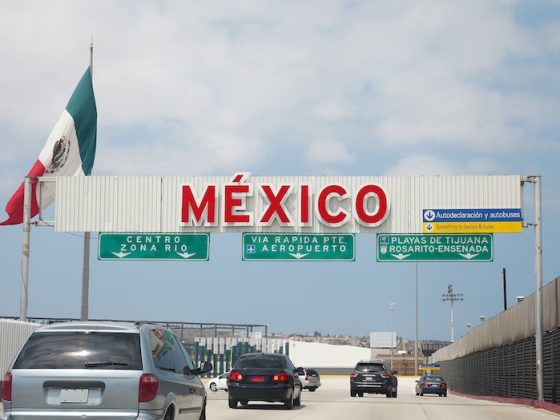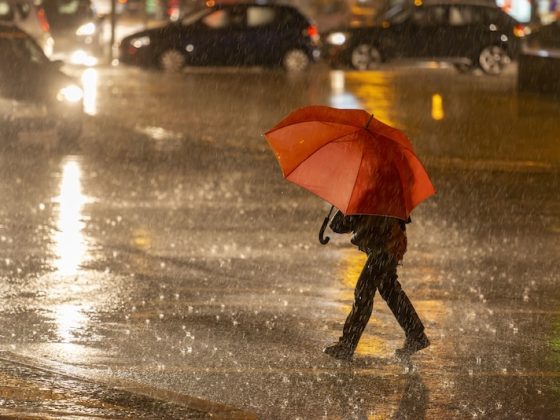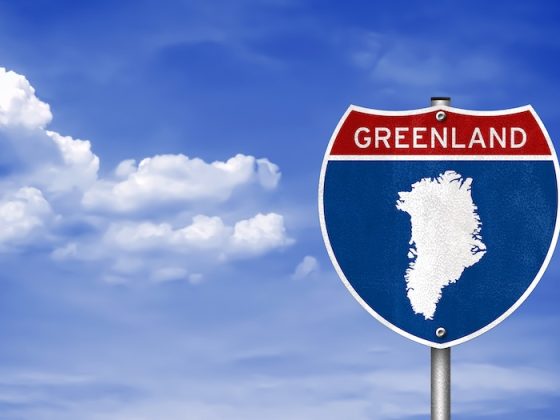There are just ten short weeks before the 2024 presidential election. On November 5th, America will elect its 47th president in what has, up to now, been one of the more dramatic, chaotic, and downright bizarre national political battles we’ve seen in decades.
Regardless of the outcome, it’s that time again, when people on both sides of the political aisle begin making that solemn vow to move to a different country if their party and candidate loses the election.
As national politics have gotten more divisive and extreme over the past few decades, it’s a topic that has gained more and more traction. Even Donald Trump, when he faced Joe Biden for the presidency in 2020 was quoted as saying he would consider moving overseas if he lost the election. “Could you imagine if I lose?” he said. “I’m not going to feel so good. Maybe I’ll have to leave the country, I don’t know.”
But the truth is, as often as people—like Trump himself—fire off the old pre-election chestnut “If so and so wins I’m moving to [insert desirable country here] …” typically it’s just a lot of hot air; a throw away line of frustrated rhetoric used to convey how absurd it would be if their candidate lost to the unfit and feckless alternative. Historically, few people have actually made any kind of move if the results didn’t turn out the way they’d hoped. In fact, USA Today reports that only about 12% of US citizens are serious about such a statement.
That is, until recently. Things have gotten so sticky politically in the US, that this time it seems more people are actually making—and taking—the vow seriously. According to a 2024 Monmouth University poll, that figure has nearly tripled to 34% of US citizens who say they would move overseas if they could. To be fair, not all of that is due to politics. Since Covid and the surging internet boom, more people are able to enjoy remote work and a nomadic lifestyle. But as Monmouth polling officials said, they believe the political rancor of recent years “likely helped fuel the rise.”
Other research supports that statement. According to Henley & Partners, in the last four years, inquiries from Americans seeking a second passport or alternative residence have skyrocketed by 504%.
International Living reports that “citing civil and social unrest and political attacks on democracy, along with growing opportunities and lower taxes overseas, well-to-do Americans are opting for more welcoming places like Portugal, Malta, Spain, Greece, and Italy.”
Which leads to a bigger issue. Since the end of WW2, the general reputation the US enjoyed globally as a welcoming destination for immigrants and expats has unquestionably taken a hit. Today countries like Portugal, Italy, Costa Rica, Spain, and many others, offer citizens a more affordable, peaceful, and generally rewarding lifestyle. And, given the current heated political climate in America, that trend doesn’t appear to be changing any time soon.
So what does it all mean? Is this surge in data a mere blip on the bumpy road of democracy? Or does this trend suggest a more troublesome path for the US in the years to come?
We’re curious what our readership thinks. Ultimately, is all this political drama worrisome enough for you and yours to move abroad? If you live in the States now, would the outcome of this year’s presidential election prompt you to move out of the country? Conversely, if you already live abroad, was American politics at all responsible for your decision to move away, or perhaps influenced your decision not to come back?
Aaron Kenedi
Contact Author
"*" indicates required fields
Stay Ahead on Every Adventure!
Stay updated with the World News on Escape Artist. Get all the travel news, international destinations, expat living, moving abroad, Lifestyle Tips, and digital nomad opportunities. Your next journey starts here—don’t miss a moment! Subscribe Now!










